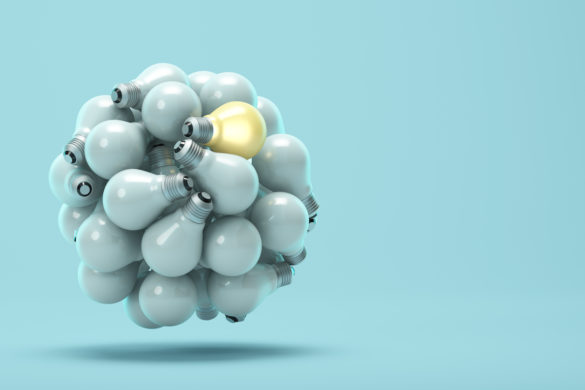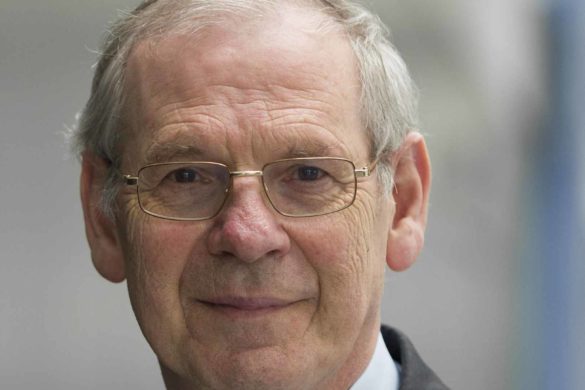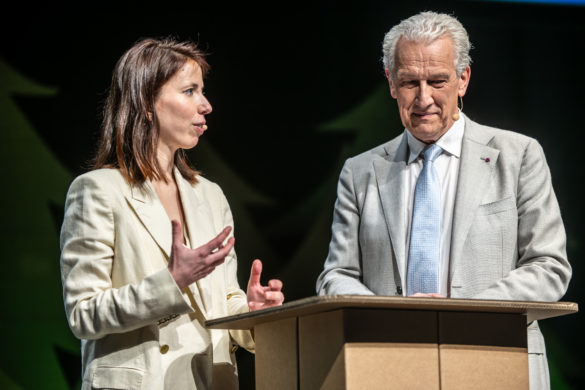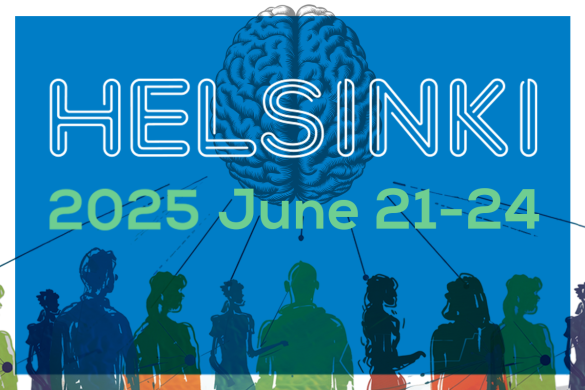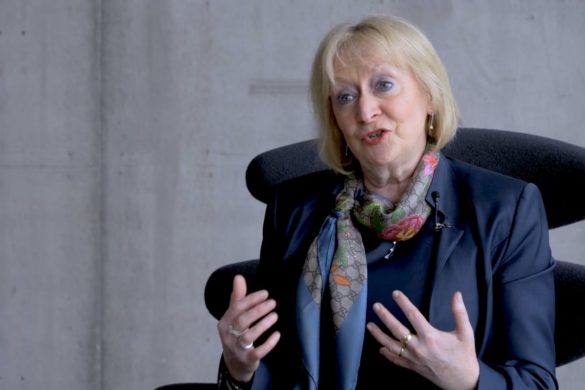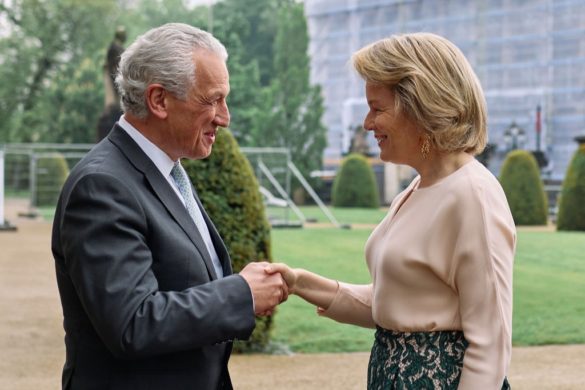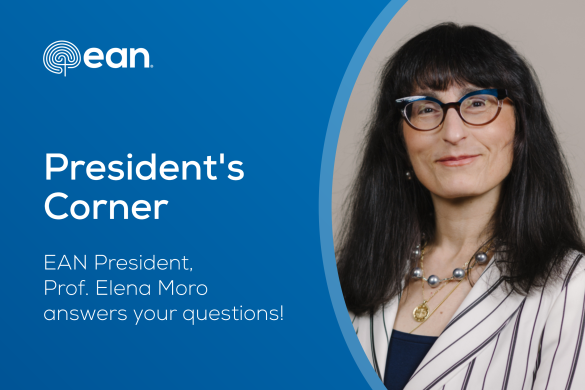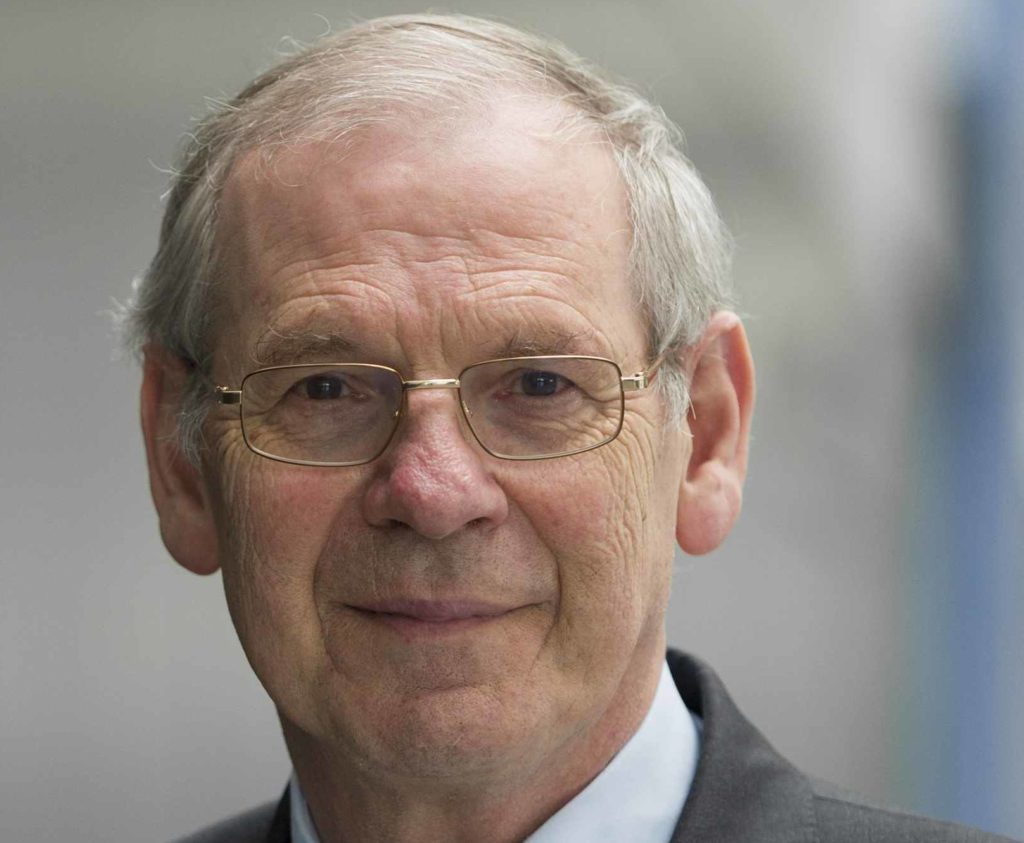
By Günther Deuschl
The annual congress is the most important event of our Society. This year European and International Neurologists are invited to attend the third EAN congress in Amsterdam, The Netherlands, June 24-27. Literally hundreds of EAN-members are involved to in the preparation of this congress. I wanted to explain to our members how the congress programme is developed. In its third year of existence of the Society, some of the preparation has come to routine but most of the tasks are highly challenging year after year as one of the aims of the Society is to have new innovations every year.
The congress will have for the first time an overarching theme which will be in 2017: ‘Outcome measures in Neurology’. Modern Neurology is looking for new and more efficient treatments. Indeed we have treatments which do not only provide symptomatic help but which seemingly do also change the disease course. This makes the question highly important for those criteria which are relevant for the patients on the one hand but also for the evaluation of the disease course in general. One symposium, two focused workshops and several teaching activities will discuss these issues deeply.
The scientific panels of the EAN with almost 1000 members have a major role in keeping the scientific and educational standards of the Society high. They kindly submit proposals for the programme and the respective committees chose the best proposals out of this offer. The programme committee has received this year 85 proposals from the scientific panels out of which they had to select 8 Symposia and 18 Focused Workshops. Selection criteria were news value, relevance for the general neurologist and excellent speakers. The aim is to mirror all new developments in the field and to provide concise overviews on important topics which have shown particular progress.
The scientific communications and posters are an important part of the scientific program of the congress. It is the way how our members and in particular the young members can show their research. These are selected this year from more than 2148 submitted abstracts, more than ever in our history. Each abstract has been rated by 4 reviewers of the panels with special expertise in the field. This is the basis for the programme committee to select the abstracts for the different session formats. 12 abstracts were selected for the Tournament, 167 abstracts for oral communications (15 minutes presentation time), 418 abstracts for ePresentation (3 minutes presentation + 2 minutes discussion) and 668 abstracts for ePoster (2 minutes presentation + 1 minute discussion), there are also 555 Posters on display only. The rejection rate was 15% this year.
For the 2017 programme the education committee received 102 proposals for courses from the panels. The education committee has developed a new 5-year agenda which will make sure that all fields of neurology are addressed in one or several teaching courses during this term. This year we will have 18 Teaching Courses, 8 Hands-on-Courses , 8 Case-based Workshops, 7 Interactive Sessions and 4 career development Sessions. The resident searching for a concise education as well as the neurologist searching for refresher courses will be both have all important topics represented as teaching courses appropriate for their educational level.
In 2016 the EAN has started to develop its Presidential Symposium on Sunday morning with three named lectures. This will be another highlight of the congress. It is my pleasure to announce the awardees for 2017 here:
- The Moritz Romberg- lecture 2017 will be presented by Professor Christian E. Elger, Bonn, Germany on the topic: ‘Epilepsy: Where Do We Stand? Where Are We Headed?’
- The Camillo Golgi Lecture 2017 will be given by Professor Angela Vincent, Oxford, UK on: ‘Autoantibodies and the Nervous System: Breadth, Depth and Challenges.’
- The Charles-Edouard Brown-Sequard lecture 2017 will be presented by Professor Richard Frackowiak, Lausanne, Switzerland: ‘Why Neurologists Should Be Interested in the Human Brain Project: A Change of Clinical Paradigm.’
These speakers have contributed major aspects to modern neurology, are giants in the field and spectacular speakers. We are looking forward to hear their exciting insights.
I am inviting all of you to attend this unique event which is so meticulously prepared by the EAN and all its committees. I am looking forward to a rich, up-to-date programme providing a concise overview about the new developments in our field.




